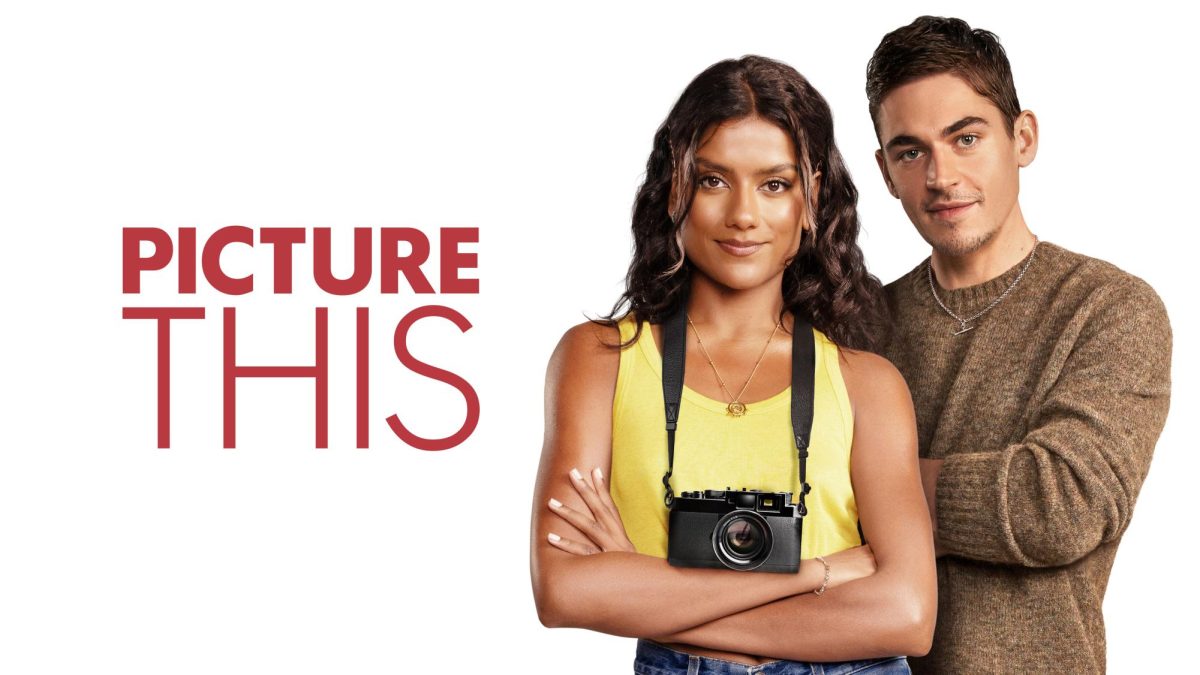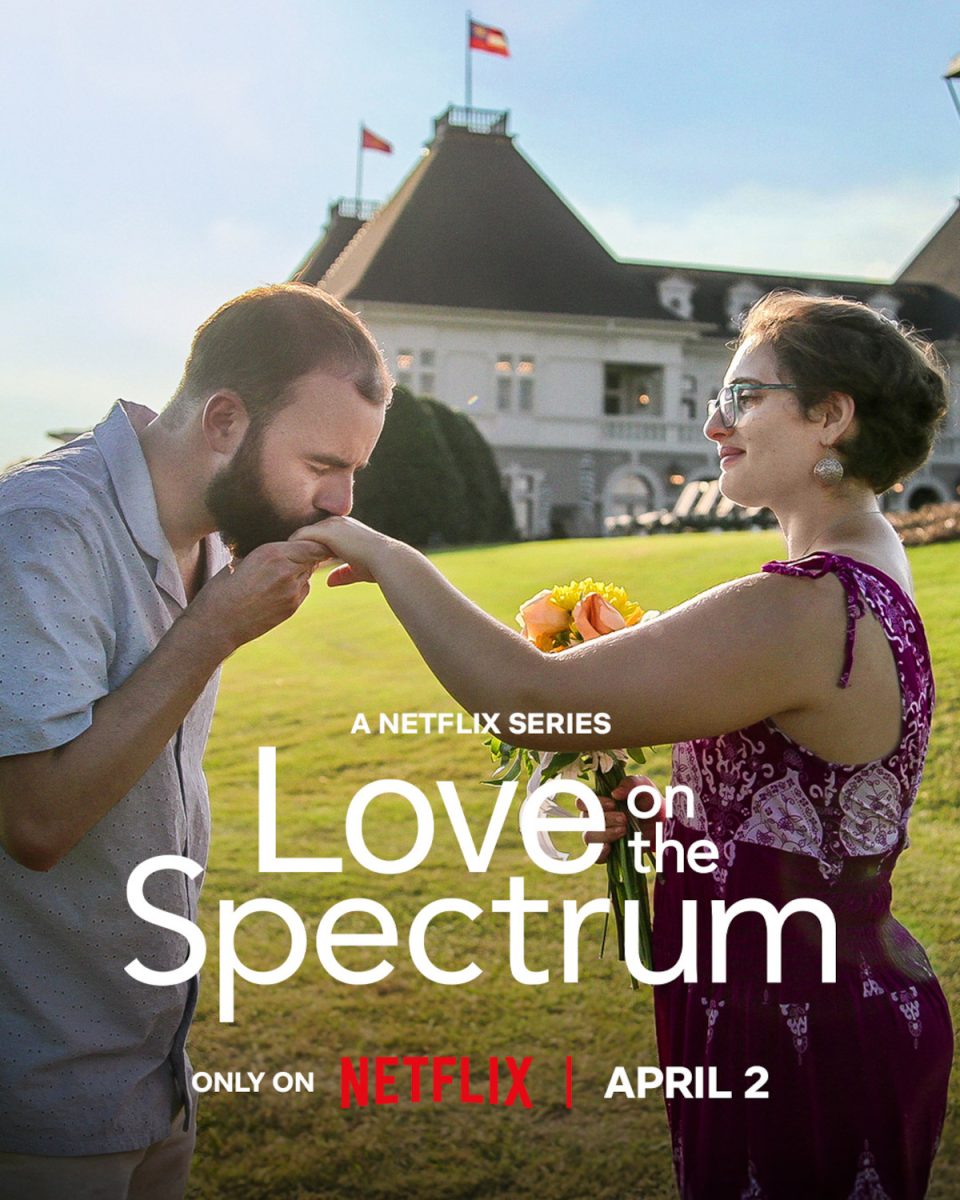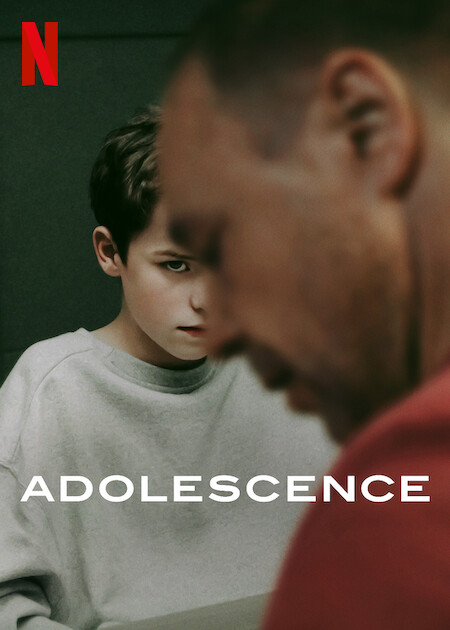The Marvel franchise is perhaps the most successful and profitable movie series of all time. Originally curated from the comics written by Stan Lee, the movies have successfully been able to recreate the story that had already captivated audiences across the globe.

The more recent releases of some of the Marvel series, specifically the release of “Ms. Marvel” in the summer of 2022, have caused me to question some of the themes behind that show in particular and just movies in general.
In general, I do believe that Marvel movies typically do a good job representing equality and inclusion, the release of Ms. Marvel has had me reconsidering the extent to which the concept of feminism is represented in movies. Of course, the show in my opinion was very well done, and it was a very inspiring coming-of-age story about a teenage girl who is able to find herself among the complications of finding her own powers and capabilities.
However, because the series seems to be just thrown into the middle of the movie franchise with little connection to the rest of the movies, I can’t help but feel as though the implementation of the concept of feminism in our society has influenced the movie and its relevance or lack thereof in the grand scheme of the Marvel franchise as a whole.
Of course, the newer movement of feminism is a positive thing for women in society. But something I have recognized in movies is that if it doesn’t come naturally, it is not effective or an accurate representation of what feminism has to offer.
There is a test, called the Bechdel test, that movies go through in order to evaluate female representation in movies. The test asks three questions: Are there two female characters? Do they share screen time and have a conversation? About something other than men? If the answer is yes to all three questions, the movie passes the test.
Recently, there has been so much pressure for movies to pass this test because of the introduction of the feminist movement and all that it stands for. According to Backstage and Culture Trip, some popular movies that fail the Bechdel test include: The Avengers (2012), Avatar (2009), the entire Lord Of The Rings Trilogy (2001-2003), Oppenheimer (2023), A Star Is Born (2018), and Elvis (2022).
Some of these movies are surprising because a lot of them have strong female leads like Natasha Romanov (Black Widow), Neytiri, and Arwen. However because they don’t share a conversation with another female about something other than men, the movies don’t pass.
My issue with the Bechdel test is that it forces movie franchises to include scenes that don’t entirely make sense in the context of the plot, in an effort to pass the test and be accepted by social expectations. It makes female representation in the show ineffective and does not accurately bring recognition to the feminist movement.
How does this connect to Ms. Marvel? To me, it felt like a filler series. The show really felt like it had no connection to the rest of the continual plotline of the franchise. It felt like it was a little bit just included to maybe bring representation to females and introduce more empowering women. Which, full disclosure, is not a bad thing. I just believe it would have been more effective had it been more connected to the actual plotline of the movies.

All things considered, I may be wrong. The franchise is of course still continuing so it is possible that the series will have a connection later. However, I think that the series did not have the effect that was perhaps intended because of the lack of a relationship to the overall plot.
Altogether, the series was very well done in my opinion, and Kamala was a very fun character to be along for the ride with. I would recommend it to anyone who asks. However, I do believe that a few tweaks could have made it better in the long run. All of that aside, make sure to give it a watch if you are a long-time fan of the Marvel movies, or just want to try something new.








